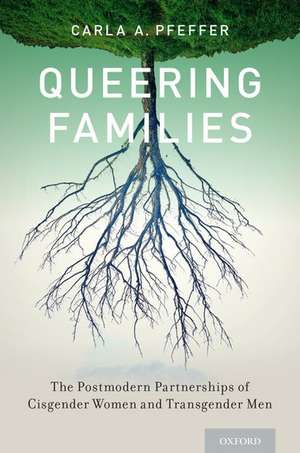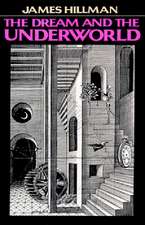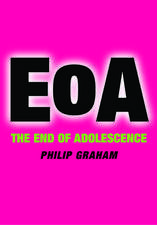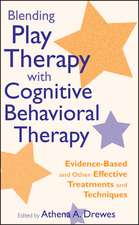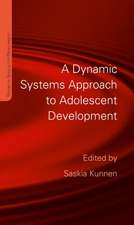Queering Families: The Postmodern Partnerships of Cisgender Women and Transgender Men: Sexuality, Identity, and Society
Autor Carla A. Pfefferen Limba Engleză Paperback – 5 ian 2017
Preț: 399.41 lei
Preț vechi: 537.56 lei
-26% Nou
Puncte Express: 599
Preț estimativ în valută:
76.43€ • 80.01$ • 63.24£
76.43€ • 80.01$ • 63.24£
Carte tipărită la comandă
Livrare economică 25-31 martie
Preluare comenzi: 021 569.72.76
Specificații
ISBN-13: 9780199908059
ISBN-10: 0199908052
Pagini: 288
Dimensiuni: 152 x 231 x 18 mm
Greutate: 0.41 kg
Editura: Oxford University Press
Colecția OUP USA
Seria Sexuality, Identity, and Society
Locul publicării:New York, United States
ISBN-10: 0199908052
Pagini: 288
Dimensiuni: 152 x 231 x 18 mm
Greutate: 0.41 kg
Editura: Oxford University Press
Colecția OUP USA
Seria Sexuality, Identity, and Society
Locul publicării:New York, United States
Recenzii
Queering Families is a wonderfully in-depth and refreshing look at the often-misunderstood relationships of trans individuals.
Overall, Queering Families is a welcome addition to the literature on family, gender, and sexualities and would fit well in upper-level undergraduate and graduate courses in sociology andwomen, gender, and sexuality studies. The writing is accessible and not bogged down with academic jargon. The book even includes a glossary for readers less familiar with trans and queer terminology. Notably, cis partners of transmen will likely celebrate this book as an important resource for navigating their own relationships. Queering Families furthers knowledge about postmodern partnerships and paves theway for greater understandings of family configurations that defy the boundaries of normativity.
Overall, Queering Families is a welcome addition to the literature on family, gender, and sexualities and would fit well in upper-level undergraduate and graduate courses in sociology andwomen, gender, and sexuality studies. The writing is accessible and not bogged down with academic jargon. The book even includes a glossary for readers less familiar with trans and queer terminology. Notably, cis partners of transmen will likely celebrate this book as an important resource for navigating their own relationships. Queering Families furthers knowledge about postmodern partnerships and paves theway for greater understandings of family configurations that defy the boundaries of normativity.
Notă biografică
Carla A. Pfeffer completed her doctoral work at the University of Michigan. She currently holds a joint appointment in Sociology and Women's and Gender Studies at the University of South Carolina. Her research, employing qualitative and mixed-methods approaches, considers thorny intersections between social stigma, identity, resistance, and structure.
